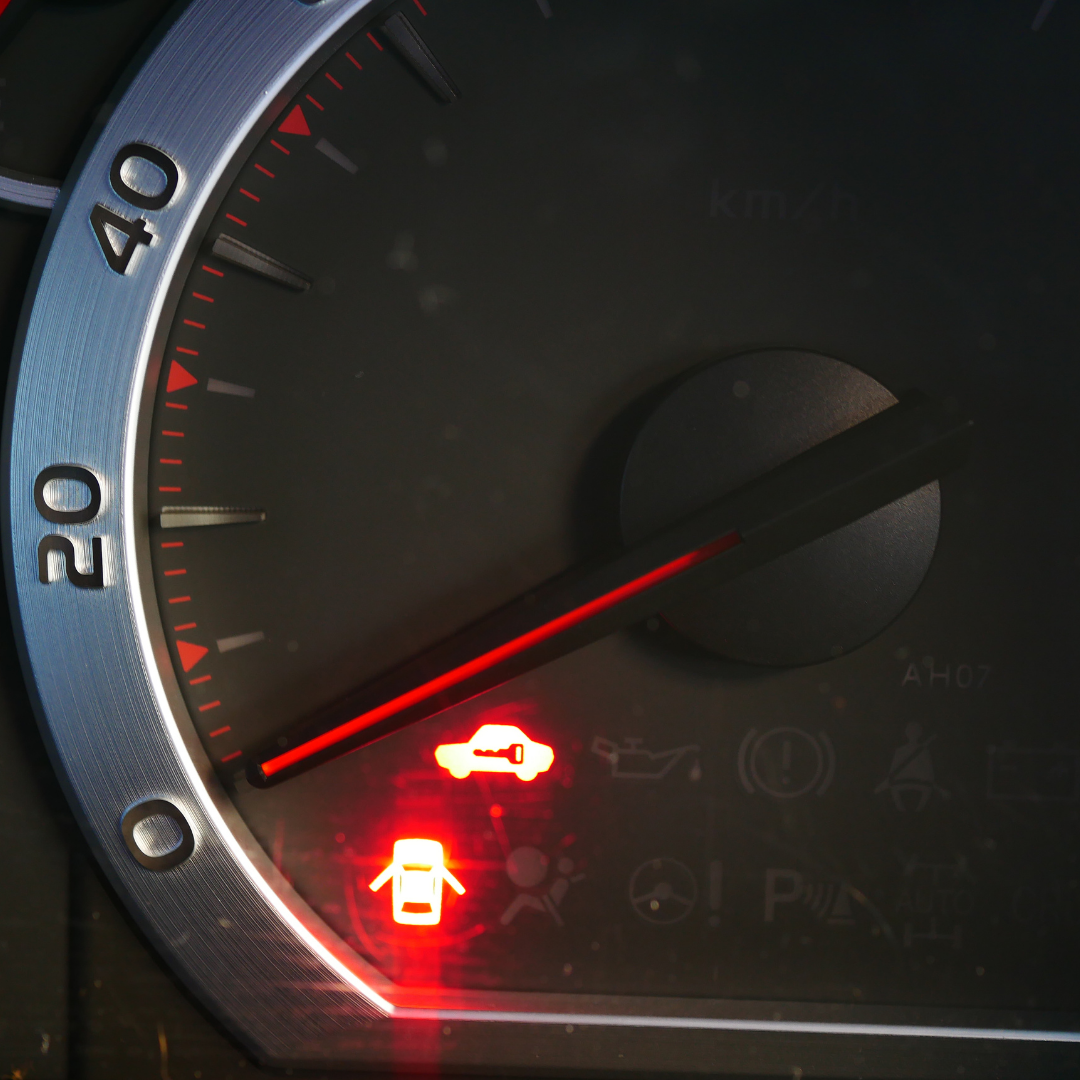It’s pretty easy to ignore your warning lights. Many people don’t even know what each light means, and just assume that if the light is on, it means something is wrong with the vehicle. That might be true, but the light could also indicate a simple problem that’s easy to fix. For example, the “Check Engine” light could mean that your gas cap is loose. Before you take your car into the shop, take a minute to check the simple things first.
Because it’s not just what’s on the outside of your vehicle that matters, it’s also the condition of the engine, the low-hanging oil, and whether or not your tire pressure is where it should be. Regularly checking your vehicle’s lights can alert you to problems you might not have seen otherwise and help ensure that your vehicle is always in peak running condition.
What are Warning Lights and their importance?
The warning lights that come with most new cars are a combination of hazard lights and alerts. They are intended to give drivers an early warning that something is not quite right with their vehicle. The trouble is modern drivers are so conditioned to deal with warnings and alerts that they often ignore them. But this is a mistake as warning lights are there for a reason and ignoring them could result in costly repairs.
Warning lights have been around for decades, but there are still some drivers who ignore them. If you ignore your warning lights, something bad could happen. For example, if you ignore your low fuel light, you might run out of gas while driving, or if you ignore your check engine light, your car might break down on the highway.
We have a tendency to ignore warning lights for a while, but they are not just there for decoration. These lights are an important part of your car’s safety system; they are designed to signal a problem that could cause you to have an accident if left unaddressed.
Warning lights alert you when something is wrong with your vehicle. If you ignore these warning lights, you could cause very expensive and even deadly damage to your car or yourself. It’s better to be safe than sorry so don’t ignore your warning lights.
Reasons Why You Should Not Ignore Warning Lights
Many drivers ignore their warning lights because they think they’re just a nuisance, but they can be an important warning signal. Red lights on your dashboard are there for a reason and may indicate a serious problem like engine overheating, low oil, or flat tires. What’s worse is that ignoring them can lead to more serious problems and potentially to an accident.
Most people don’t pay attention to the little light on their dash that signifies an issue with their vehicle, which can be a costly mistake. The little light that says “check engine” or “low tire pressure” is there for a reason and ignoring it could lead to bigger problems down the road. If your car or truck has a warning light, take it seriously and have it checked out by a mechanic or the professionals at your local auto parts store.
Being stuck on the side of the road is a nuisance, especially when it’s dark and you’re miles from anywhere. But if the lights on your dashboard are flashing, you should heed the warning (what does it mean when your check engine light is on? Find out here).
Do you know how your car has lights that blink on the dashboard when something’s wrong? That’s a warning light. And there are lots of them. And if you ignore them, bad things can happen. So, what to do? First, make sure that you know what each warning light means. Second, if you see a warning light on, figure out what’s wrong and have it fixed as soon as possible.
The warning light is your best friend in times of trouble. If it’s on, there may be a problem with your car you should know about. The warning light can be flashing or can be a light that stays on the whole time. You may see it on your dashboard, or it may be an indicator in your car’s console.




